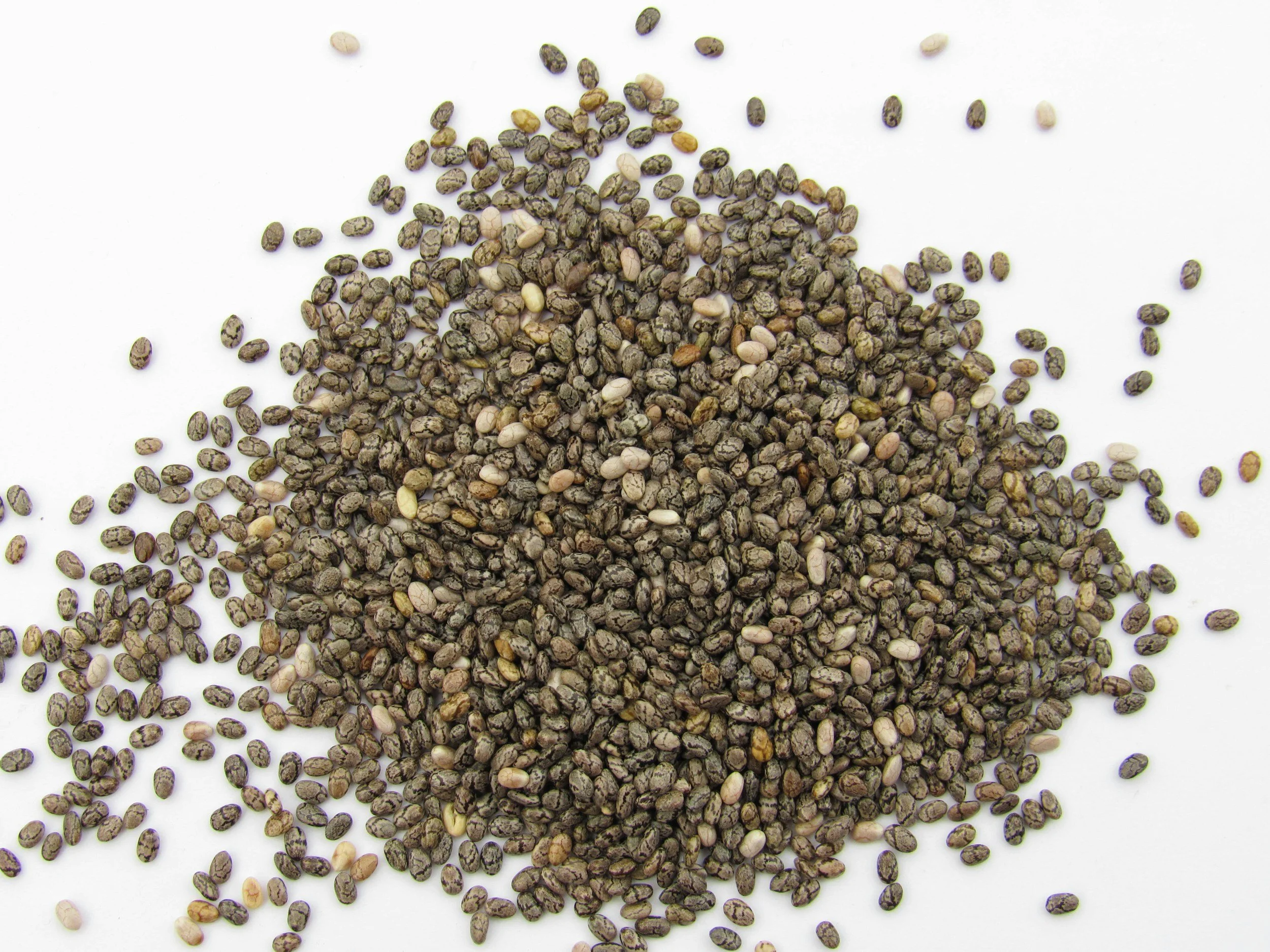The Connection Between Omega-3 Fish Oil and Reduced Risk of Heart Disease
Heart disease is a leading cause of death worldwide. Many people are looking for ways to protect their hearts and reduce their risk of developing heart disease. One popular approach is adding omega-3 fish oil to their diet. But what exactly is omega-3 fish oil, and how does it help in reducing the risk of heart disease? Let’s dive into the details.
What is Omega-3 Fish Oil?
Omega 3 fish oil is derived from the tissues of fatty fish like salmon, mackerel, sardines, and tuna. It is rich in omega-3 fatty acids, which are essential fats that the body cannot produce on its own. The three main types of omega-3 fatty acids are:
ALA (Alpha-linolenic acid): Found in plant oils like flaxseed, soybean, and canola oils.
EPA (Eicosapentaenoic acid): Found in fish and seafood.
DHA (Docosahexaenoic acid): Also found in fish and seafood.
While ALA can be converted into EPA and DHA in the body, this process is not very efficient.
Therefore, consuming fish oil directly is one of the best ways to get the most beneficial forms of omega-3s, EPA and DHA.
How Does Omega-3 Fish Oil Benefit Heart Health?
Omega-3 fish oil has been widely studied for its potential to reduce the risk of heart disease. Here’s how it can benefit heart health:
1. Lowers Triglycerides
Triglycerides are a type of fat found in your blood. While your body needs some triglycerides for energy, having too many can increase your risk of heart disease. High triglyceride levels can lead to the hardening or thickening of the artery walls, a condition known as atherosclerosis. This can increase the risk of heart attacks and strokes.
Studies have shown that omega-3 fish oil can reduce triglyceride levels by up to 30%. This effect is primarily due to the EPA and DHA found in fish oil, which help decrease the production of triglycerides in the liver.
2. Reduces Blood Pressure
High blood pressure, or hypertension, is another major risk factor for heart disease. Omega-3 fish oil has been shown to help lower blood pressure, particularly in people with high blood pressure.
Research suggests that omega-3 fatty acids help to relax the blood vessels and reduce resistance, allowing blood to flow more easily. This can lead to a significant reduction in blood pressure, which, in turn, reduces the risk of heart disease.
3. Prevents Blood Clots
Blood clots can form when platelets in the blood stick together. While this is a normal process that helps stop bleeding when you get a cut, it can be dangerous when it happens inside your arteries. If a blood clot forms in an artery leading to the heart, it can cause a heart attack.
Omega-3 fish oil has been found to make platelets less sticky, reducing the risk of blood clots. This is particularly beneficial for people at risk of heart disease, as it helps keep the arteries clear and reduces the likelihood of a heart attack.
4. Reduces Inflammation
Chronic inflammation is a key player in the development of heart disease. It can lead to the buildup of plaque in the arteries, known as atherosclerosis. Over time, this plaque can harden and narrow the arteries, making it difficult for blood to flow through.
Omega-3 fish oil has anti-inflammatory properties that can help reduce inflammation in the body. By reducing inflammation, omega-3s may help prevent the buildup of plaque and keep the arteries healthy and flexible, lowering the risk of heart disease.
5. Improves Cholesterol Levels
Cholesterol is a waxy substance found in your blood. While your body needs cholesterol to build healthy cells, too much cholesterol can lead to heart disease. Omega-3 fish oil has been shown to increase levels of HDL (high-density lipoprotein) cholesterol, often referred to as “good” cholesterol.
HDL cholesterol helps remove excess cholesterol from your bloodstream and transport it to the liver, where it can be processed and eliminated from the body. By increasing HDL levels, omega-3 fish oil may help reduce the overall risk of heart disease.
Scientific Evidence Supporting Omega-3 Fish Oil and Heart Health
Several studies have investigated the link between omega-3 fish oil and heart health. Here are some key findings:
The GISSI-Prevenzione Trial (1999): This large study involved over 11,000 people who had experienced a heart attack. Participants who took omega-3 fish oil supplements showed a 10% reduction in the risk of death from heart disease compared to those who did not take the supplements.
The JELIS Study (2007): In this study, more than 18,000 Japanese participants with high cholesterol were given either omega-3 fish oil supplements or a placebo. The group taking omega-3s had a 19% reduction in major coronary events, such as heart attacks, compared to the placebo group.
AHA Recommendations: The American Heart Association (AHA) recommends consuming fish at least twice a week to obtain sufficient omega-3 fatty acids. For people with high triglycerides, the AHA suggests considering fish oil supplements as part of a heart-healthy diet.
How to Incorporate Omega-3 Fish Oil into Your Diet
If you’re interested in adding omega-3 fish oil to your diet, there are several ways to do so:
1. Eat Fatty Fish
One of the best ways to get omega-3s is by eating fatty fish. Salmon, mackerel, sardines, and tuna are excellent sources of EPA and DHA. Aim to eat at least two servings of fatty fish per week to meet your omega-3 needs.
2. Consider Fish Oil Supplements
If you don’t eat fish regularly, fish oil supplements are a convenient way to get your omega-3s. Look for supplements that contain at least 500 mg of EPA and DHA combined. It’s important to choose high-quality supplements that are free of contaminants like mercury.
3. Add Omega-3 Rich Foods
In addition to fish and supplements, you can also get omega-3s from plant-based sources. Flaxseeds, chia seeds, and walnuts are rich in ALA, which can be converted into EPA and DHA in the body. However, keep in mind that the conversion rate is low, so it’s still important to get EPA and DHA from fish or supplements.
Are There Any Risks Associated with Omega-3 Fish Oil?
While omega-3 fish oil is generally considered safe, there are some potential risks to be aware of:
Bleeding Risk: Because omega-3s can reduce blood clotting, taking high doses of fish oil may increase the risk of bleeding, especially if you’re on blood-thinning medications.
Digestive Issues: Some people may experience digestive issues, such as indigestion, nausea, or diarrhea when taking fish oil supplements.
Fishy Aftertaste: Fish oil supplements can sometimes leave a fishy aftertaste. To avoid this, try taking the supplements with meals or choosing enteric-coated capsules that dissolve in the intestines instead of the stomach.
Conclusion: A Heart-Healthy Choice
The connection between omega-3 fish oil and a reduced risk of heart disease is backed by significant research. From lowering triglycerides to reducing inflammation, omega-3 fish oil offers a variety of heart-protective benefits. Whether you choose to get your omega-3s from fish, supplements, or a combination of both, incorporating this essential nutrient into your diet is a simple and effective way to support heart health.
By making omega-3 fish oil a regular part of your diet, you may significantly reduce your risk of heart disease and improve your overall well-being. As always, consult with your healthcare provider before making any changes to your diet or supplement routine, especially if you have existing health conditions or are taking medications.






